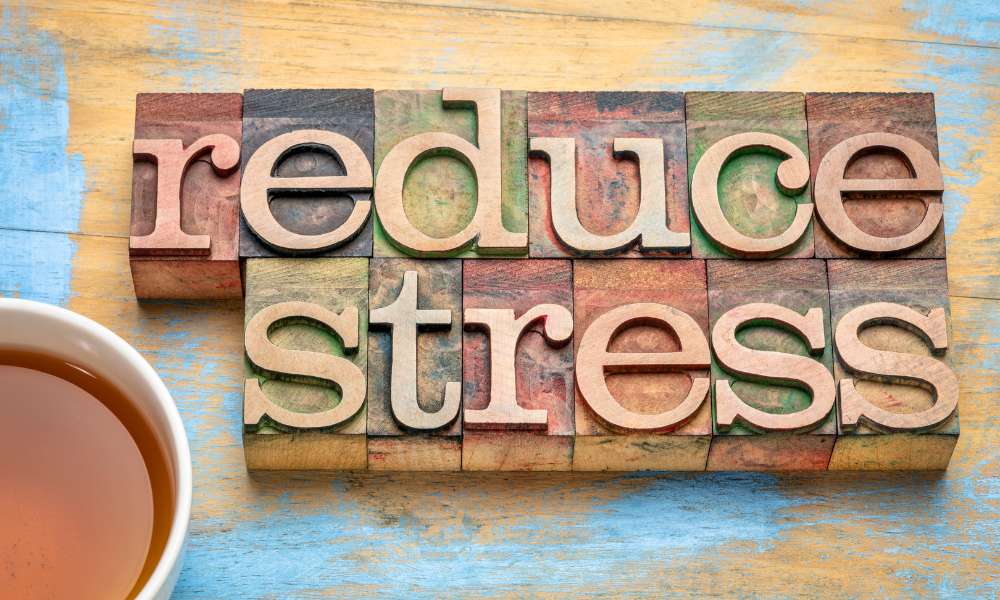Stress reduction is essential for maintaining a healthy and balanced life, as the demands of work, finances, and constant connectivity often contribute to feelings of overwhelm. Stress, while a natural response to challenges, can have serious consequences when it becomes chronic, affecting mental, emotional, and physical well-being. Its impact ranges from anxiety and burnout to more severe health issues like cardiovascular diseases and weakened immunity.
Fortunately, reducing stress doesn’t require dramatic life changes. By incorporating simple lifestyle design strategies, you can create a more harmonious and fulfilling existence. This guide offers practical, actionable steps to simplify your environment, routines, and mindset. Whether you’re looking to organize your day, strengthen relationships, or shift to a more positive outlook, these stress reduction techniques will help you regain control and live with intention and peace of mind.
Understanding Stress and Its Impact

Stress affects us on multiple levels—physically, it can lead to symptoms such as fatigue, headaches, and compromised immune function. Emotionally, stress may manifest as anxiety, irritability, or feelings of overwhelm, while mentally, it can impair concentration, decision-making, and creativity. Recognizing these effects helps us understand why managing stress is crucial. Common triggers include workplace pressures, relationship challenges, financial concerns, and information overload from modern technology. Addressing stress is essential not only for mental clarity but also for preventing long-term health issues such as cardiovascular disease, depression, and burnout. Awareness of stress and its impact serves as the first step toward creating a healthier, more balanced life.
The Principles of Lifestyle Design

Lifestyle design involves creating a life that aligns with your personal values, goals, and aspirations, enabling you to live with intention rather than react to circumstances. A central tenet is simplicity—reducing unnecessary complexity to foster clarity and calm. This might involve decluttering your environment, streamlining your commitments, or minimizing distractions. Intentional living encourages mindfulness, helping you focus on what truly matters while eliminating stressors tied to chaos or misalignment. By designing your lifestyle thoughtfully, you can build a foundation for sustained stress reduction and improved well-being.
Practical Changes for Stress-Free Living
Declutter Your Environment
A cluttered space often leads to a cluttered mind. Simplifying and organizing your physical surroundings can enhance mental clarity, reduce overwhelm, and create a sense of calm. Begin by removing unnecessary items and creating a system for organizing what remains. A tidy environment not only improves focus but also promotes a feeling of control and tranquility.
Streamline Your Schedule
A packed schedule is a common source of stress. By prioritizing tasks and learning to say no to nonessential commitments, you can create a more balanced and manageable day. Incorporating downtime is equally important—dedicate moments for rest, reflection, or simple relaxation to recharge your energy and maintain perspective.
Digital Detox
Excessive screen time and constant exposure to online negativity can heighten stress levels. Limit your digital consumption by setting boundaries, such as no-screen zones or tech-free hours. Use technology mindfully by engaging with apps or platforms that support relaxation, creativity, or self-improvement.
Healthy Routines
A consistent routine provides stability and predictability, which are essential for managing stress. Focus on establishing regular sleep patterns, balanced nutrition, and daily physical activity. Incorporate simple mindfulness practices, such as deep breathing or meditation, to foster mental and emotional well-being.
Financial Simplification
Financial stress is a significant contributor to overall anxiety. Develop a clear budget to manage your expenses and reduce unnecessary financial burdens. Living within your means not only alleviates monetary stress but also promotes a sense of security and freedom.
Cultivating Supportive Relationships
Meaningful connections play a vital role in emotional health, acting as a buffer against stress and providing a sense of belonging and support. Strong relationships foster trust, empathy, and encouragement, which are essential for navigating life’s challenges. To build a supportive network, prioritize quality over quantity in your relationships by nurturing bonds with individuals who uplift and inspire you. Actively participate in community groups, hobbies, or volunteering to meet like-minded people. Equally important is setting boundaries to protect your time and energy—learning to say no and managing expectations ensures relationships remain a source of comfort rather than stress.
Mindset Shifts for Stress Reduction
Shifting your mindset is a powerful tool for managing stress. Adopting a growth mindset allows you to view challenges as opportunities for learning and growth, rather than insurmountable obstacles. Practicing gratitude helps you focus on the positive aspects of your life, cultivating a sense of appreciation and reducing negative thought patterns. Letting go of perfectionism is another critical shift—embrace flexibility and recognize that progress, not perfection, is the goal. These mental adjustments empower you to approach life with resilience and optimism, significantly reducing stress in the process.
Read more: How to Create a Stress-Free Morning Routine
Conclusion
Stress reduction is not about avoiding challenges but about creating a lifestyle that equips you to handle them with confidence and ease. By adopting simple, intentional changes—such as decluttering your environment, streamlining your schedule, nurturing supportive relationships, and fostering a positive mindset—you can lay the groundwork for a calmer, more balanced life.
Even small adjustments can lead to meaningful stress reduction. Start by focusing on one area, like practicing mindfulness, simplifying your routines, or prioritizing self-care. Over time, these incremental changes will build a lifestyle that aligns with your values and minimizes unnecessary stress.
Stress reduction is an ongoing journey, but with commitment and intention, you can design a life that promotes peace, well-being, and fulfillment. Take that first step today and embrace the positive impact it will have on your mind, body, and spirit.






